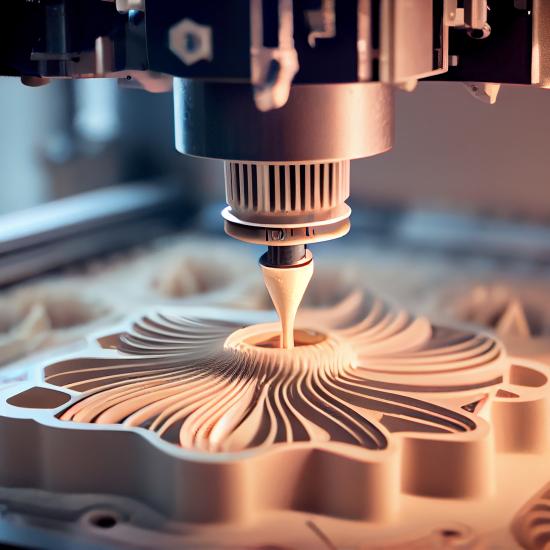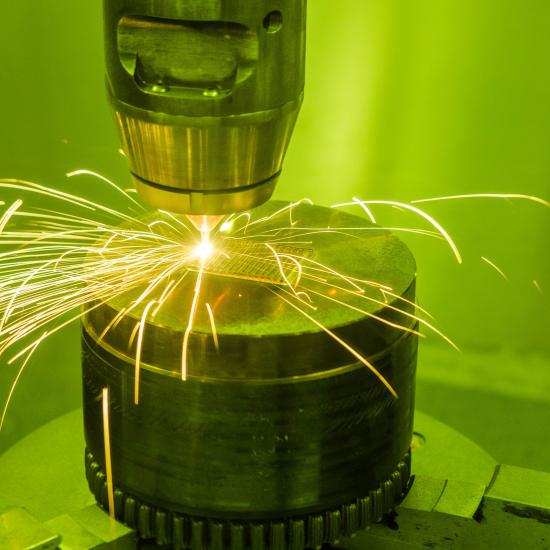Thales Alenia Space Belgium, based in Charleroi, wanted to optimise the support structure of its PCBs and integrate a cooling system. These structures, which are used in space and in other areas that require strict heat management, actually have to become increasingly efficient . This means also that they have to be able to efficiently discharge the additionally generated heat.
Set-up of an R&D consortium
Originally, the frames were milled out of one piece, but this design, due to technological limitations, reached its limits in order to meet the ever-increasing performance requirements. Therefore, the company started a research project, focusing on three activities: additive manufacturing (3D printing), heat control and mechanical design for this support structure of the circuit board (PCBs).
In order to bring this ‘ThermAM’ project (THERmal Management by Additive Manufacturing) to a successful conclusion, an R&D consortium consisting of Sirris, Euro Heat Pipes, the ULB and Capaul was set up under the leadership of Thales Alenia Space Belgium. The project focused on the validation of AM technologies for the production of rigid, complex structures and their application in extreme conditions. In addition, the design and production of cooling systems, such as the addition of thermal buffers and micro-heat pipes, which were then built into the support structure, were also discussed.
Topology optimisation and heat discharge
With its extensive expertise in additive manufacturing, Sirris examined the design paths of these products, which are eligible for AM, as well as the technology and production machine. A new design of the structure not only allowed for more freedom of form and extra space for the electronics, but also for more efficient heat discharge.
Several innovative solutions for phase-change cooling using metal AM have been listed and validated. Four demonstrators were developed for this purpose. For example, thanks to topology optimisation, both mass reduction and space savings of 15 percent could be achieved.
The successful completion of the ThermAM project, financed by the Walloon Region under the Marshall framework, will give Thales a competitive advantage on the market.


